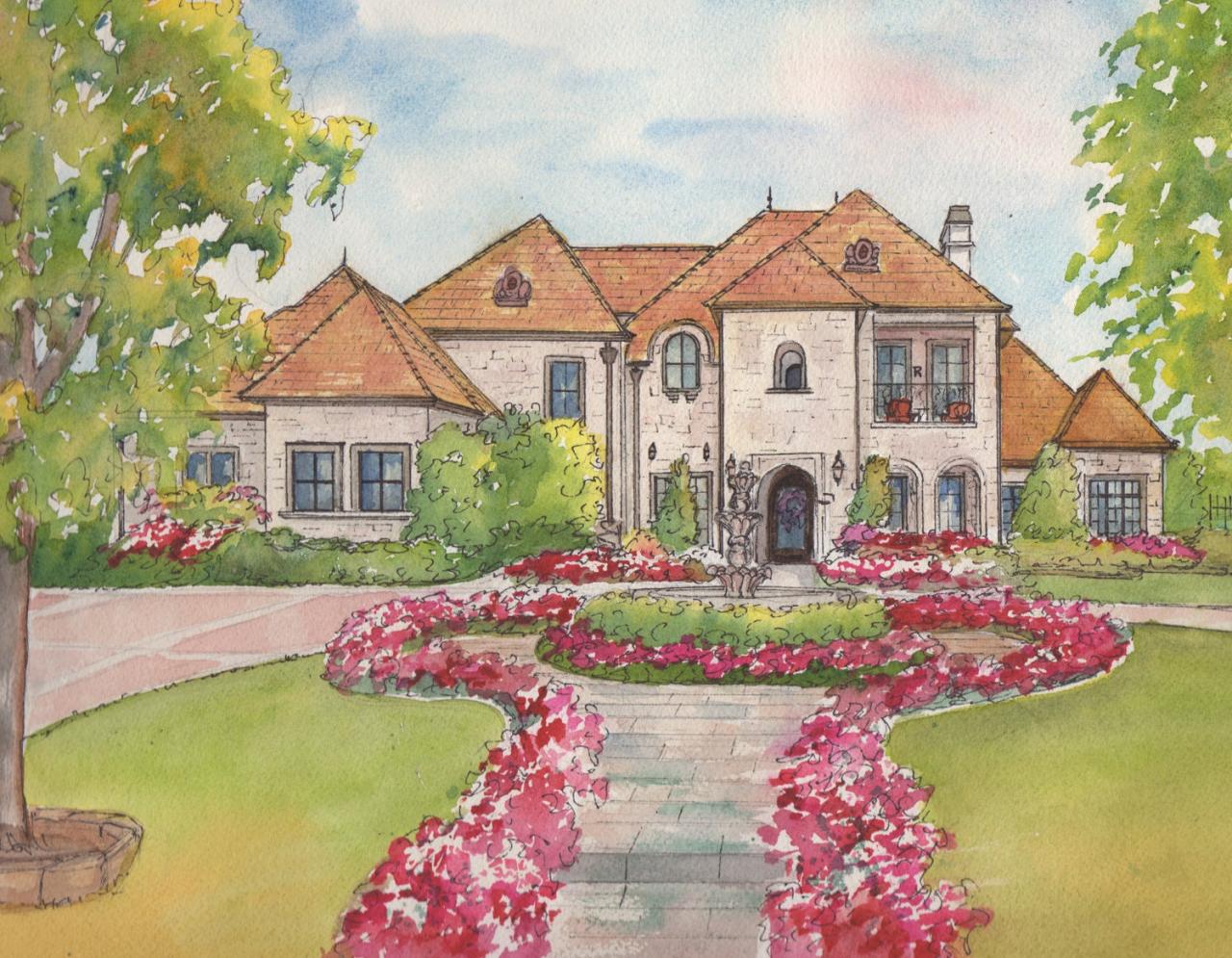The Ultimate Guide to Painting of a House: Tips and Tricks
================================================================================
Are you thinking of giving your house a fresh new look? Look no further. Painting of a house can be a daunting task, but with the right knowledge and preparation, you can achieve professional-looking results. In this article, we’ll break down the process of painting of a house into manageable chunks, covering everything from preparation to finishing touches.
Why Painting of a House Matters
Painting of a house is not just about slapping on a coat of paint. It’s about creating a fresh, inviting atmosphere that reflects your personality. A well-painted house can boost curb appeal, increase property value, and even enhance the overall mood of your living space. Whether you’re looking to sell your house or simply want to give it a facelift, painting of a house is an excellent way to achieve your goals.
Step 1: Preparation is Key
Before you start painting of a house, it’s essential to prepare the surface. This involves cleaning the walls, repairing holes and cracks, and sanding smooth any rough areas. You’ll also need to remove any outlet covers, light switches, and doorknobs to prevent paint from getting into these areas.
Inspect the Walls
Walk around the house and inspect the walls for any damage or areas that need attention. Check for:
- Holes and cracks
- Water stains
- Mildew or mold
- Loose or crumbling paint

Make a note of any areas that need repair, and prioritize them before moving on to the next step.
Step 2: Gather Your Tools and Materials
Now that you’ve inspected the walls, it’s time to gather your tools and materials. Here’s a comprehensive list to get you started:
- Paint (choose your colors wisely)
- Paintbrushes (various sizes)
- Roller extension pole
- Paint tray
- Drop cloths
- Sandpaper
- Primer (optional)
- Cleaning supplies (soap and water)
The Importance of Choosing the Right Paint
When it comes to painting of a house, the type of paint you choose can make all the difference. Consider the following factors:
- Color: Choose a color that complements the overall aesthetic of your house.
- Finish: Glossy, semi-gloss, or flat finish? Choose a finish that suits your needs.
- Type: Latex or oil-based? Choose a type that suits your surface.
Step 3: Clean and Sand the Walls
With your tools and materials in hand, it’s time to clean and sand the walls. This step is crucial in ensuring a smooth, even paint job.
- Clean the walls using soap and water to remove dirt, grime, and grease.
- Use sandpaper to smooth out rough areas and create a surface for painting.
Painting the Trim
When painting of a house, it’s essential to consider the trim. This includes:
- Windows
- Doors
- Fascia boards
- Railings
Use a paintbrush to carefully paint the trim, working from top to bottom to prevent drips.
Step 4: Apply Primer (Optional)
If you’re using a dark or bold color, or if the walls have a glossy finish, apply a primer first. Primer helps create a uniform base for painting of a house and ensures better paint adhesion.
Tips for Painting with Primer
When working with primer, remember:
- Apply primer to the entire surface, not just the areas that need it.
- Use a high-quality primer that matches your paint type (latex or oil-based).
- Allow primer to dry completely before painting.
Step 5: Paint the House
It’s finally time to start painting of a house! Work in sections, using a roller extension pole to cover large areas and a paintbrush to fill in gaps and corners.
Painting Techniques
When painting of a house, it’s essential to use the right techniques:
- Work in sections to maintain even coverage.
- Use long, smooth strokes to cover large areas.
- Use a brush to cut in around edges and corners.
Step 6: Add a Second Coat
If the first coat doesn’t provide adequate coverage, apply a second coat, following the same steps as before.
Tips for Applying a Second Coat
When applying a second coat, remember:
- Allow the first coat to dry completely before applying the second coat.
- Use the same paint and technique to ensure uniform coverage.
- Check for areas that may need touch-up.
Step 7: Clean Up and Touch Up
The final step in painting of a house is cleaning up and touching up any areas that need attention.
Cleaning Up
- Dispose of leftover paint and materials responsibly.
- Clean your tools and equipment thoroughly.
- Remove drop cloths and wash them if necessary.
Touching Up
- Check the walls for any areas that need touch-up.
- Use a paintbrush to touch up small areas.
- Use a roller to touch up larger areas.
Closing / Painting of a House
And there you have it! With these steps and tips, you’re well on your way to a beautifully painted house. Remember, painting of a house is a process that requires patience, attention to detail, and practice. Don’t be discouraged if it takes a few coats to get it just right – the end result is well worth the effort.